MIT Math Volunteering at Correctional Facilities
In a collaboration between the MIT Math department and The Educational Justice Institute, we are pairing volunteers from the math department community with local correctional facilities to serve as tutors and instructors in fundamental math courses, including math for high school equivalency diplomas. This program is coordinated by Daniel Alvarez-Gavela & Marisa Gaetz (who also runs Brave Behind Bars)
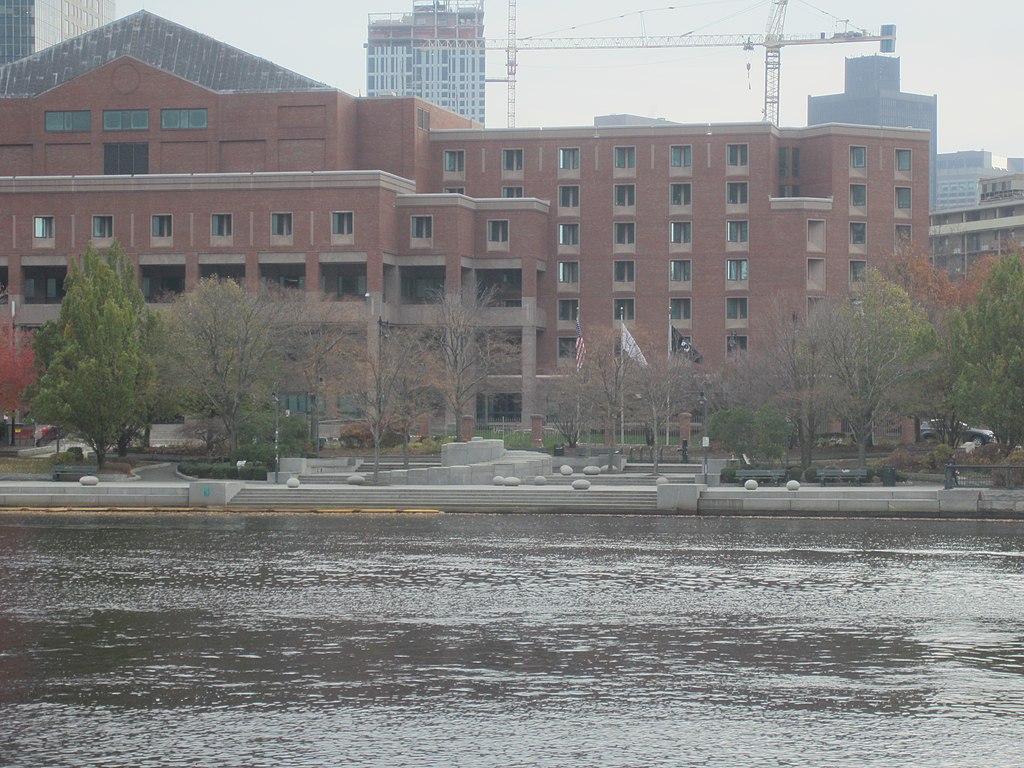
Interested in helping out? Contact Dani Alvarez-Gavela (dgavela@mit.edu)
Here is a summary of our activities so far:
Fall 2023
Boston Pre-Release Center
Volunteers: Elena Kim and Keaton Naff
Mathematics students from the Massachusetts Institute of Technology (MIT) facilitate math instruction for returning citizens through The Educational Justice Institute (TEJI). These students support math instruction as TA’s in college bridge courses such as pre-algebra up through pre-calculus at the School of Reentry. MIT participants commit time during their week to instruction, curriculum support, and one-on-one work in class on math concepts such as place value, quadratic equations, and real-world applications. This partnership seeks to provide meaningful access to mathematics instruction
Summer 2023
Petey Greene
Volunteers: Daniel Alvarez-Gavela and Thomas Rüd
Developing curriculum and materials for a pre-algebra course to be used by the Petey Greene Program in their classes, with the hope to use it as the seed of a collaborative open-source document for wide use.
Spring 2023
MCI Framingham
Volunteers: Kent Vashaw and Thomas Rüd
The College Bridge Program aims at bridging the gap between high school and college. Often, students in the carceral system are encouraged to get an education and pursue a degree. However, for a lot of them, they are many years out of high school and it can be challenging to follow along. The program aims at providing students the confidence to provide mathematical literacy, tackle math problems, not only in college but also in their daily lives.
The content of the class parallelled the standard GED curriculum to refresh all necessary notions, while incorporating examples amenable to daily life. Below is a non-exhaustive list of topics together with real life applications that were used to put the concept to use.
- Basic arithmetic of numbers, integers, fractions, exponents, inequalities.
- Ex. Useful for planning, adding distances, costs, converting between hourly pay and monthly pay, and vice versa, estimating price per time units.
- Percentages.
- Ex: Computing tips, and understanding compound interest.
- Linear equations, plugging in points and solving.
- Ex: Comparing graphs, for example for time management. For example, meal prepping has a heavy time-requirement initially but reduces the subsequent time commitment needed, so the slope is smaller than cooking daily, and we can compute the optimal time one should spend prepping, etc… to save time.
- Graphing functions and reading graphs.
- Ex: plotting cost versus revenue of a business, identifying break-even points and identifying values where profit is made.
- Basic operations on (quadratic) polynomials.
- Ex: From a linear price/demand equation and simple cost function, one gets quadratic revenue/profit functions and can factor it to find break-even points.
- Introduction to geometry (area, perimeter)
- Introduction to probabilities and statistics literacy (discrete probability, expected value, mean, median).
- Ex. Compute expected values from simple games, and decide if they are worth the entry prize. Understand the difference between mean and median and how that can be manipulated to skew statistics
- Trigonometry.
Boston Pre-Release Center
Volunteers: Elijah Bodish, David Cui, Malcah Effron, Elena Kim, Calder Morton-Ferguson, Keaton Naff
Mathematics students from the Massachusetts Institute of Technology (MIT) facilitate math instruction for returning citizens through The Educational Justice Institute (TEJI). These students support math instruction as TA’s in college bridge courses such as pre-algebra up through pre-calculus at the School of Reentry. MIT participants commit time during their week to instruction, curriculum support, and one-on-one work in class on math concepts such as place value, quadratic equations, and real-world applications. This partnership seeks to provide meaningful access to mathematics instruction.
Spring 2022
Nashua St. County Jail
Volunteers: Daniel Alvarez-Gavela
I tutored students who were preparing to take the GED exam (high school equivalency) at the I-Can Academy of Suffolk County Jail at Nashua St. This mostly involved going over past exams and lingering on topics when a problem caused difficulties.
VOLUNTEERS:
Elijah Bodish
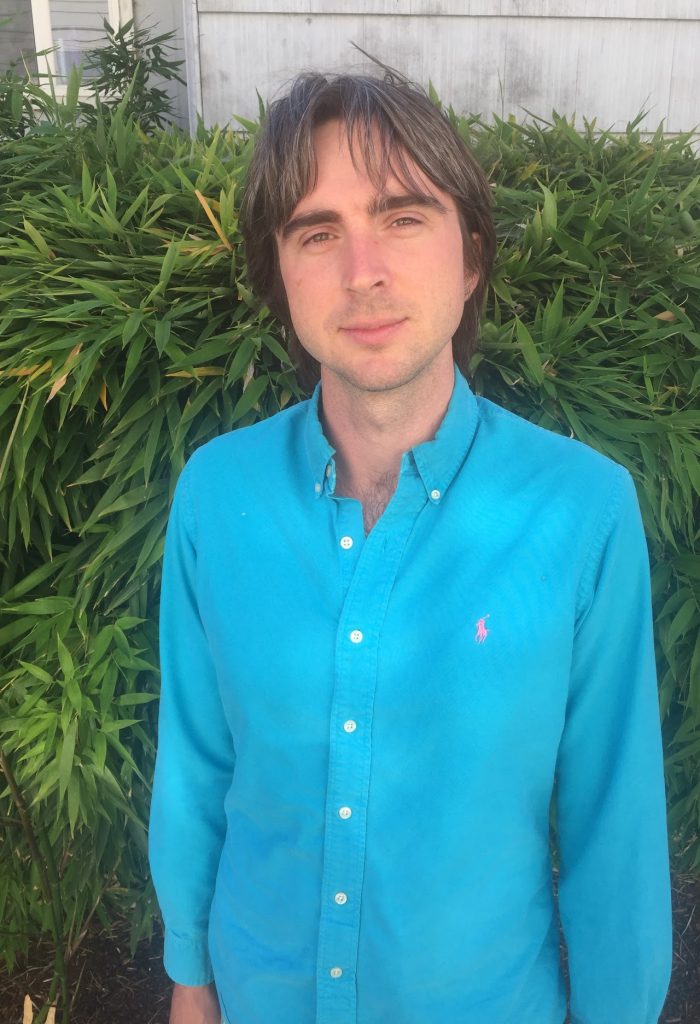
I completed my PhD at the University of Oregon in 2022 under the supervision of Ben Elias. From 2022-2025 I will be an NSF postdoctoral fellow at MIT with sponsoring scientist Pavel Etingof. I grew up in Butte, Montana, and spend my free time making and supporting D.I.Y. art and music.
In Spring 2023 I was a T.A. for the pre-algebra course at B.P.R.C. The course’s main teacher Rebecca would first give a short lecture. If a student was behind, I would work with them during this period in a different room. Otherwise, I politely observed and then worked one-on-one with students on problems concerning the material in Rebecca’s lecture.
The class sizes are very small: 2-5 students (although hopefully they will keep growing). This allowed me to go at the student’s pace. I gave feedback on each step the student took while they solved problems, and also provided careful, but ideally simple, explanations for the how and why of the subject matter. Even on the days when students were frustrated by the material, they always ended the class by expressing their gratitude for our group coming out to work with them.
David Cui
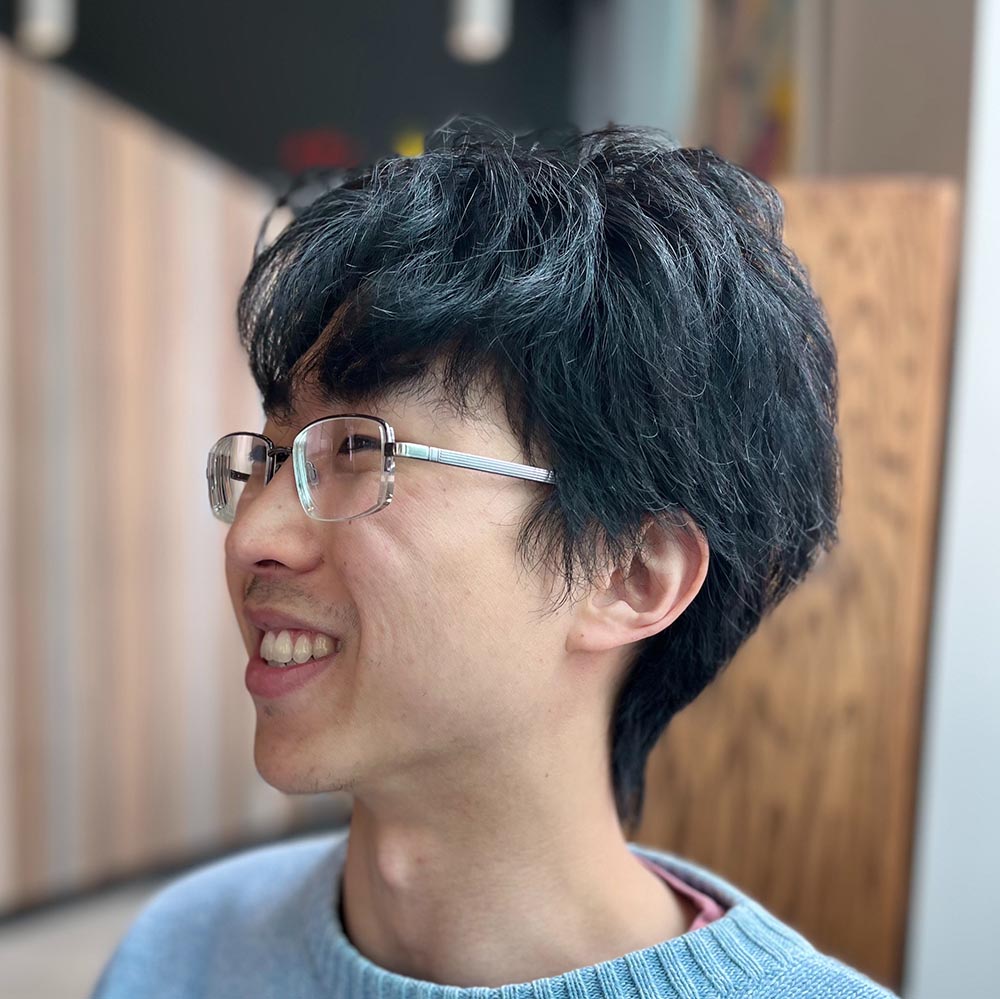
I’m a PhD student in the Mathematics Department working in quantum information theory. I am particularly interested in nonlocality (e.g., nonlocal games) and local-to-global phenomena (e.g., probabilistically checkable proofs, locally testable codes). I’m originally from New Zealand and in his spare time he enjoys rock climbing, cooking, and drawing.
In BPRC I worked as a tutor: re-explaining concepts and helping the students with solving exercises. It was amazing to have one-on-one time close up with the students. I found that things worked best when the students were given the opportunity to speak, explain, and present their work to others.
Malcah Effron
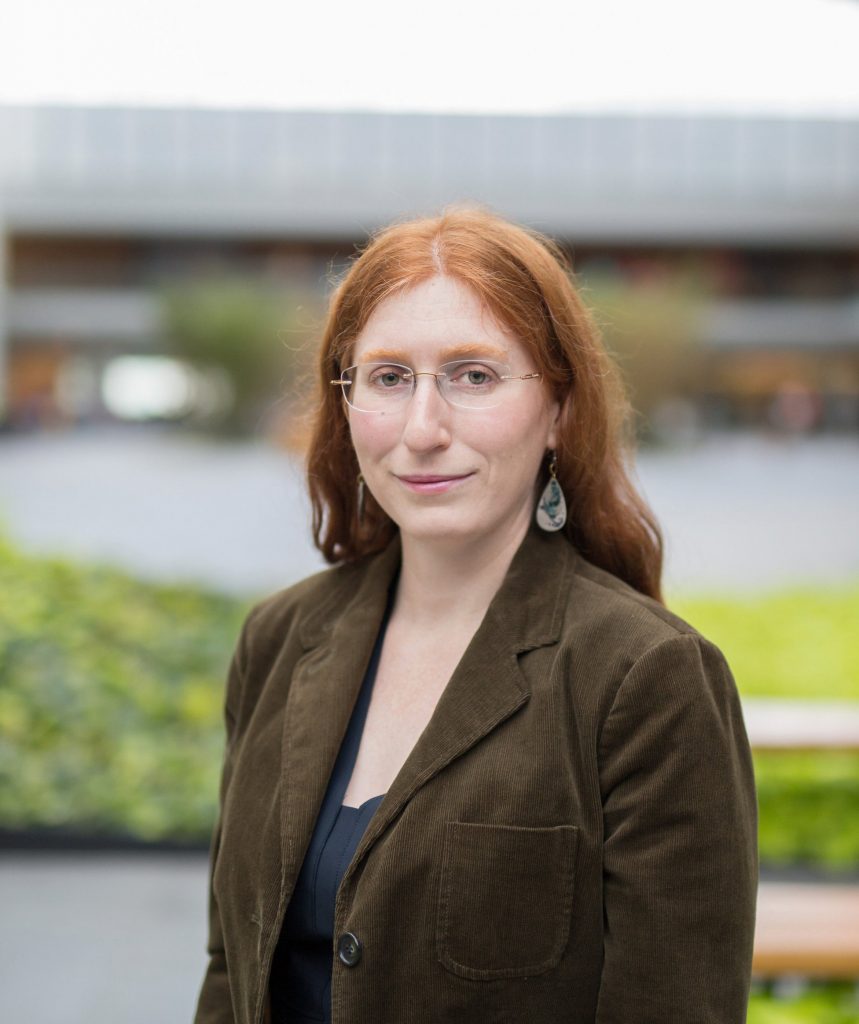
I’m a Lecturer in the Writing, Rhetoric, and Professional Communication program. I hold degrees from Washington University in St Louis (A.B. English and Mathematics, 2004), the University of Chicago (M.A. Humanities, 2005), and Newcastle University in England (Ph.D. English literature, 2010). I have taught writing and textual analysis courses at the university level since 2006, and, through Writing, Rhetoric & Professional Communication, in the math department at MIT since 2016. In addition to volunteering with MIT Math’s tutoring with the Department of Corrections, I have volunteer tutored with Cambridge Public Schools’ Tutoring Plus Breakthrough program. I also enjoy taking dance and yoga classes and hope to again once I’m willing to go in to gyms unmasked again.
The students were following a prealgebra textbook. I helped the students with fractions, factorization, exponents, algebraic expressions, and graphing lines. I worked with students one-on-one going through problems from the textbook.
Elena Kim
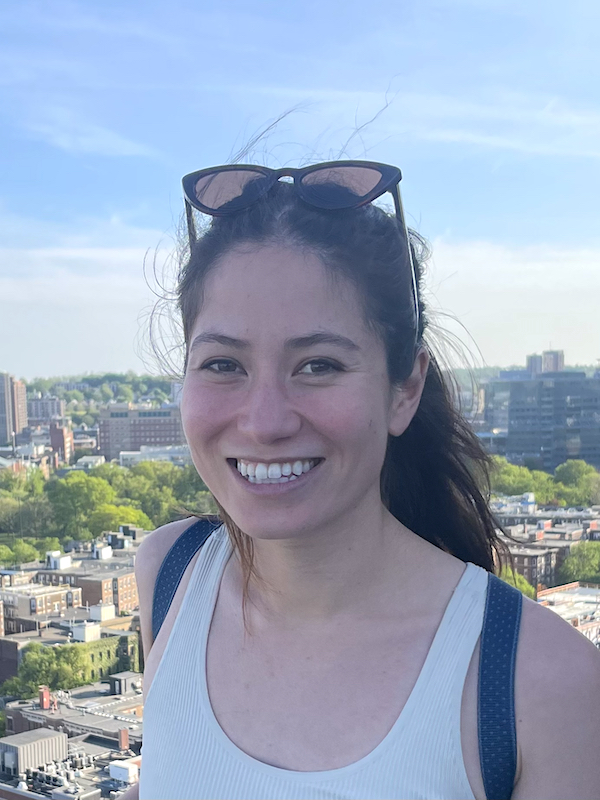
I’m originally from Greenwich, CT and completed my undergraduate at Pomona College. At MIT, I study analysis under Semyon Dyatlov. When I’m not doing math, I like to run and go camping.
I was a tutor for the developmental math class at BPRC. In practice, I helped students one-on-one, guiding them through problems in their textbook. The students were very motivated and focused during the tutoring sessions. When I worked with the same student for multiple weeks, I could tell that he was mastering the material and making progress.
Calder Morton-Ferguson
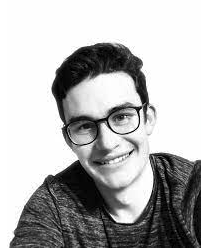
I’m a PhD student in mathematics working on representation theory. I grew up and did my undergraduate degree in Canada. In my spare time, I enjoy making music, taking pictures, and biking around Cambridge and Boston!
Keaton Naff
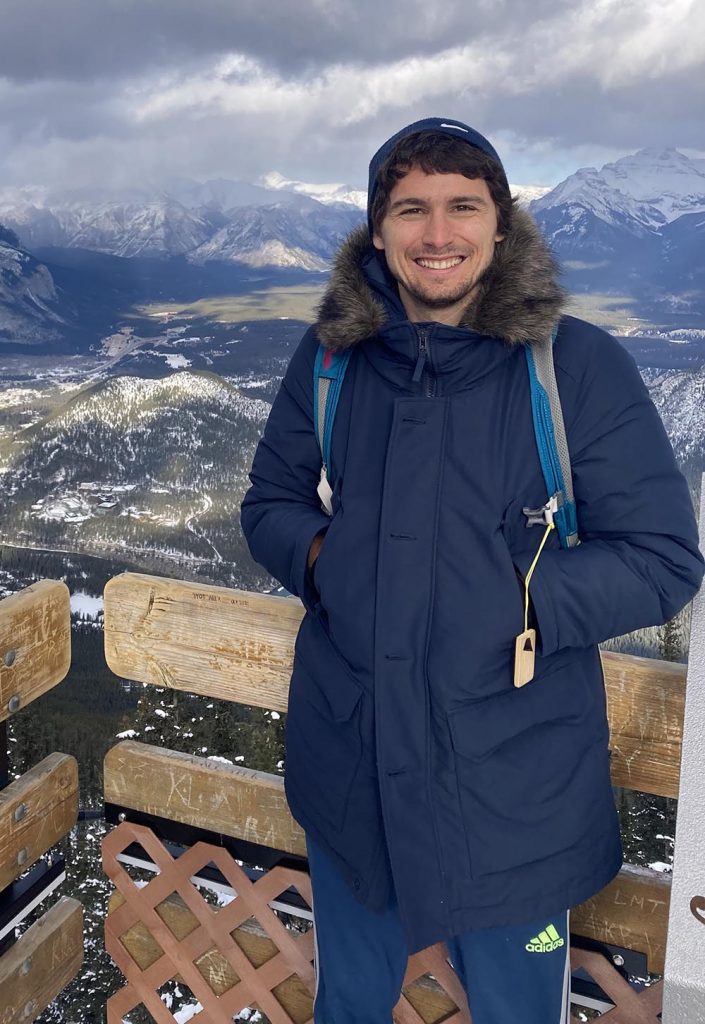
I’m currently a postdoc at MIT in my third year. I completed my PhD at Columbia University in New York. I’m originally from Philadelphia. In my free time, I enjoy running and spending time with friends!
Last fall, I spent time as a tutor/teaching assistant at BPRC, working on pre-algebra subjects like solving linear equations, graphing lines, and studying early geometry. Most of the time, I worked together with the class instructor at the board instructing a small group of 2-5 students. Otherwise, I spent time one-on-one with students working through practice problems.
Thomas Rüd
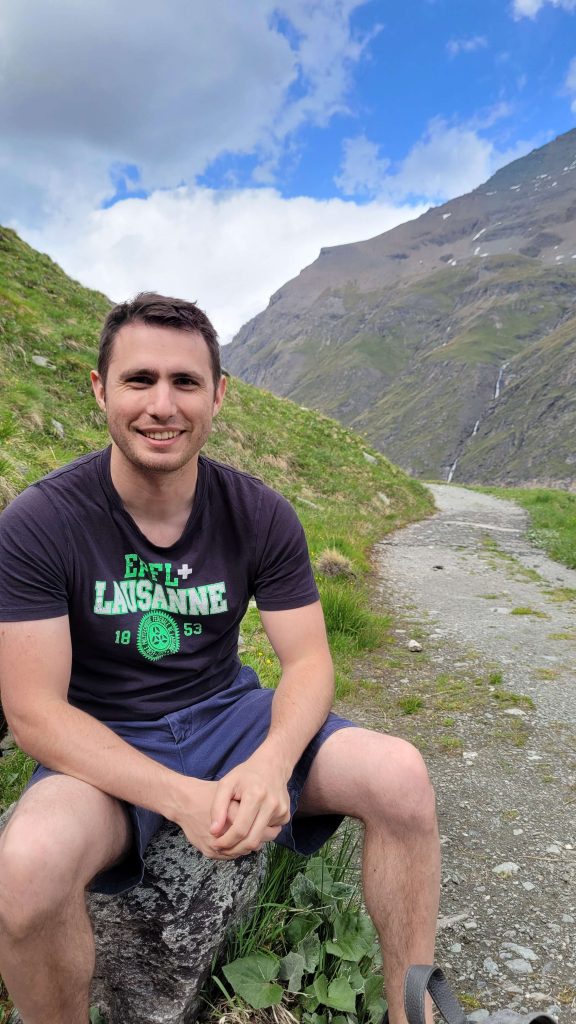
I’m currently a postdoctoral fellow at MIT, I have previously obtained my bachelor and master at EPFL in Switzerland, followed by a PhD from the University of British Columbia in Vancouver, Canada. I come from Switzerland and France, despite what my inability to digest cheese might make it seem. Luckily, I am still a big chocolate enthusiast. Before grad school took over I was an avid fencer and practiced sabre for 10 years. Besides research, I really enjoy trying new sports, board games, and sharing my passion for mathematics outside of the academic circle.
As one of the head instructors, we built a syllabus, course notes, problem sets, and taught a weekly class. We were supported by a team of tutors who helped facilitate students through the problem sets. Petey greene was great helping us through getting access to the system.
Kent Vashaw
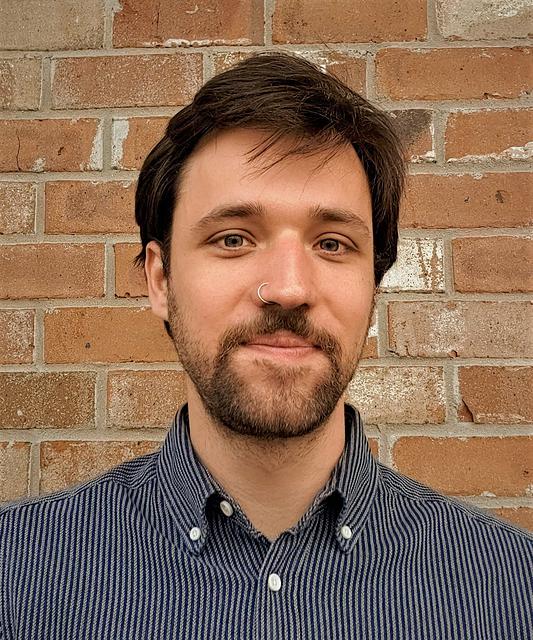
I’m an NSF Postdoc at MIT. I received my PhD in 2021 from Louisiana State University, and work at the intersection of homological algebra, noncommutative algebra, and representation theory. In my non-math time, I enjoy hiking and reading.
As an instructor, I was (along with co-instructors) responsible for designing the syllabus, preparing material for lectures, writing homework exercises, and writing and grading the final assessment. Incorporating problems that the students could contribute to solving during the lecture worked well. The division of days (lecture one day, tutoring the other) seemed to help the students. Petey Greene handled all coordination with the facility, which was smooth.
Organizers
Daniel Alvarez-Gavela
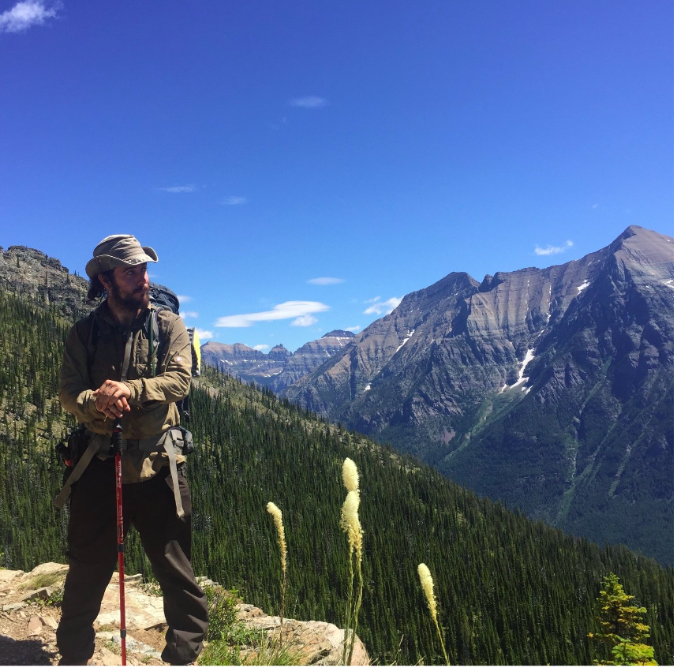
I’m from Spain, though I was born in Switzerland, and came to the US for grad school. Currently an assistant prof. at MIT. I work in symplectic geometry, in particular I like to think about caustics: the singularities of wavefronts. I also enjoy other things such as hiking, music, travel, and more.
I volunteered at the Suffolk County Jail in Nashua St. to tutor students who were planning on taking the GED (high school equivalency) exam. It was a very interesting and rewarding experience. I’m excited to help grow a larger presence of volunteering in this space.
Marisa Gaetz
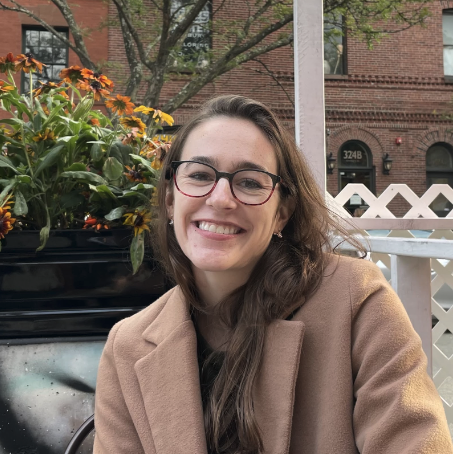
I’m a math graduate student at MIT, advised by David Vogan. Within math, I’m particularly interested in representation theory and Lie theory. I’m honored to be a Hertz Fellow as well as an NSF Graduate Research Fellow. In addition to math, I’m very passionate about education, particularly for incarcerated individuals and underrepresented groups. I also play drums in the Boston-based funk-rock jam band, Tailwind.
